Research
and Evidence
Research
and Evidence
Playgroup is beneficial in a myriad of ways. It aids the physical, social, emotional and intellectual development of the child, while also supporting the health, well-being and socialisation of the parent and carer. Playgroup has a positive impact on children and families in subtle and profound ways. Many studies support our playgroup principles. Playgroup has great purpose.
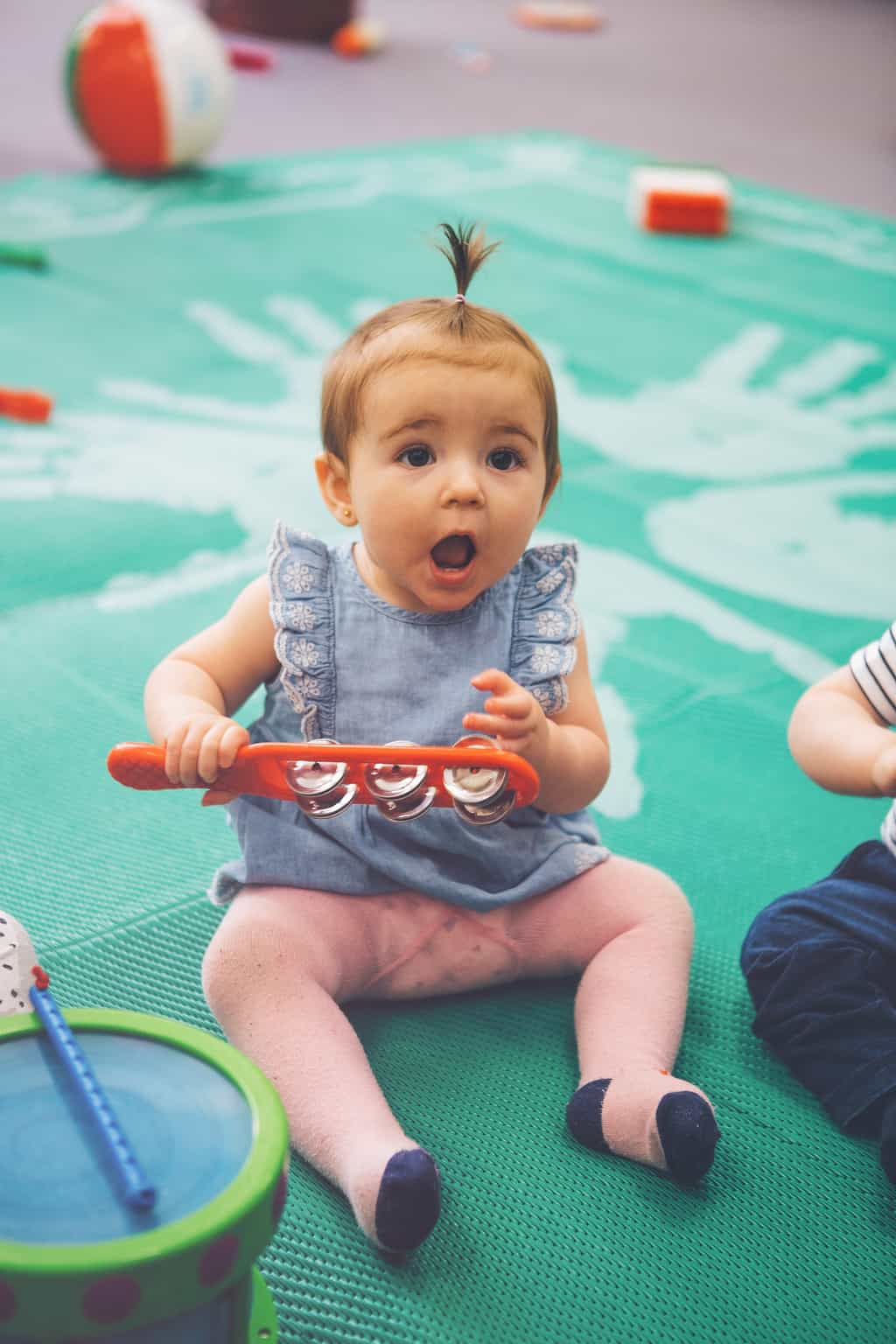
Playgroup Evidence
Playgroups make a difference. They are fun and social, and can also have a positive impact on those who attend. Whilst parents meet to have a cuppa, chat and play with their children, so much happening below the surface. There is a growing playgroup research body containing:
- Research on components of playgroups
- Program evaluations on types of playgroups/ programs run within the playgroup setting
- National population-level associative research using the Australian Early Developmental Census (AEDC) data
Longitudinal research examining associations to playgroup attendance (The Longitudinal Study of Australian Children/ The Longitudinal Study of Indigenous Children; LSAC/ LSIC
References
[1] A. Volmert, N. Kendall-Taylor, I. Cosh, and E. Lindland, “Perceptions of Parenting: Mapping the Gaps between Expert and Public Understandings of Effective Parenting in Australia.,” Melbourne, Australia, 2016.
[2] Australian Institute of Family Studies, “The Longitudinal Study of Australian Children Annual statistical report 2014,” 2014.
[3] Education and Early Childhood Development and Victorian Curriculum and Assessment Authority, “Victorian Early Years Learning and Development Framework. For all Children from Birth to Eight Years.,” Melbourne, Australia, 2011.
[4] L. Emerson, J. Fear., Fox.S., and E. Sanders, “Parental engagement in learning and schooling: Lessons from research.,” 2012.
[5] K. R. Ginsburg, “The importance of play in promoting healthy child development and maintaining strong parent-child bonds.,” Pediatrics, vol. 119, no. 1, pp. 182–91, Jan. 2007.
[6] Heidi Moore, “WHY PLAY IS THE WORK OF CHILDHOOD The Fred Rogers Center,” The Fred Rogers Center, 2011. [Online]. Available: http://www.fredrogerscenter.org/2014/09/23/why-play-is-the-work-of-childhood/. [Accessed: 05-Jan-2016].
[7] Centre for Community Child Health, “Researching Community Playgroups in Australia in the context of child and family services,” 2011.
[8] Centre for Community Child Health, “The First Thousand Days – Our Greatest Opportunity,” Policy Brief | Edition, vol. 28. Murdoch Children’s Research Institute, Melbourne, p. 5, 2018.
[9] S. Brinkman, T. Gregory, J. Harris, B. Hart, S. Blackmore, and M. Janus, “Early development index (EDI) at age 5 predicts reading and numeracy skills four, six and eight years later.,” Child Indic. Res., vol. 6, no. 4, pp. 695–708, 2013.
[10] S. Gregory, T., Sincovich, A., Harman-Smith, Y., & Brinkman, “The reach of Playgroups across Australia and their benefits for children’s development: A comparison of 2012 and 2015 AEDC data.,” South Australia, 2017.
[11] K. . Williams, D. Berthelsen, M. Viviani, and J. . Nicholson, “Queensland Supported Playgroup Evaluation Final Report Queensland Department of Education and Training (DET) June 2016,” 2016.
[12] K. Hancock, D. Lawrence, F. Mitrou, D. Zarb, D. D. Berthelsen, J. M. Nicholson, S. R. S. Zubrick, Lawrence, D. Mitrou, F. Zarb, D. D. Berthelsen, D. Nicholson, J. M. Zubrick, S. R, D. Lawrence, F. Mitrou, D. Zarb, D. D. Berthelsen, J. M. Nicholson, and S. R. S. Zubrick, “The association between playgroup participation, learning competence and social-emotional wellbeing for children aged 4-5 years in Australia.,” Australas. J. Early Child., vol. 37, no. 2, pp. 72–81, Jan. 2012.
[13] DEECD, “Supported Playgroups and Parent Groups Initiative ( SPPI ) Outcomes Evaluation,” 2012.
[14] Di Jackson, “Playgroups as protective environments for refugee children at risk of trauma,” Aust. J. Early Child., vol. 31, no. 2, pp. 1–5, 2006.
[15] C. Strange, C. Fisher, P. Howat, and L. Wood, “Fostering supportive community connections through mothers’ groups and playgroups.,” J. Adv. Nurs., vol. 70, no. 12, pp. 2835–46, Dec. 2014.
[16] D. Jackson, “What’s really going on? Parents’ views of parent support in three Australian supported playgroups,” Aust. J. Early Child., vol. 36, no. 4, pp. 29–37, 2011.
[17] C. Strange, A. Bremner, C. Fisher, P. Howat, and L. Wood, “Mothers’ group participation: associations with social capital, social support and mental well-being,” J. Adv. Nurs., vol. 72, no. 1, pp. 85–98, 2016.
[18] Karen McLean, Susan Edwards, Yeshe Colliver, and Clare Schaper, “Supported playgroups in schools: What matters for caregivers and their children?,” 2 Australas. J. Early Child., vol. 39, no. 4, pp. 73–80, 2014.
Playgroup is great for everyone

Children
Playgroup offers a unique opportunity for young children to share quality time, play and socialise with their parent and other families. Playing is how children experience the world; at playgroup they make new friends and learn through play including the enhancement of social and emotional skills.
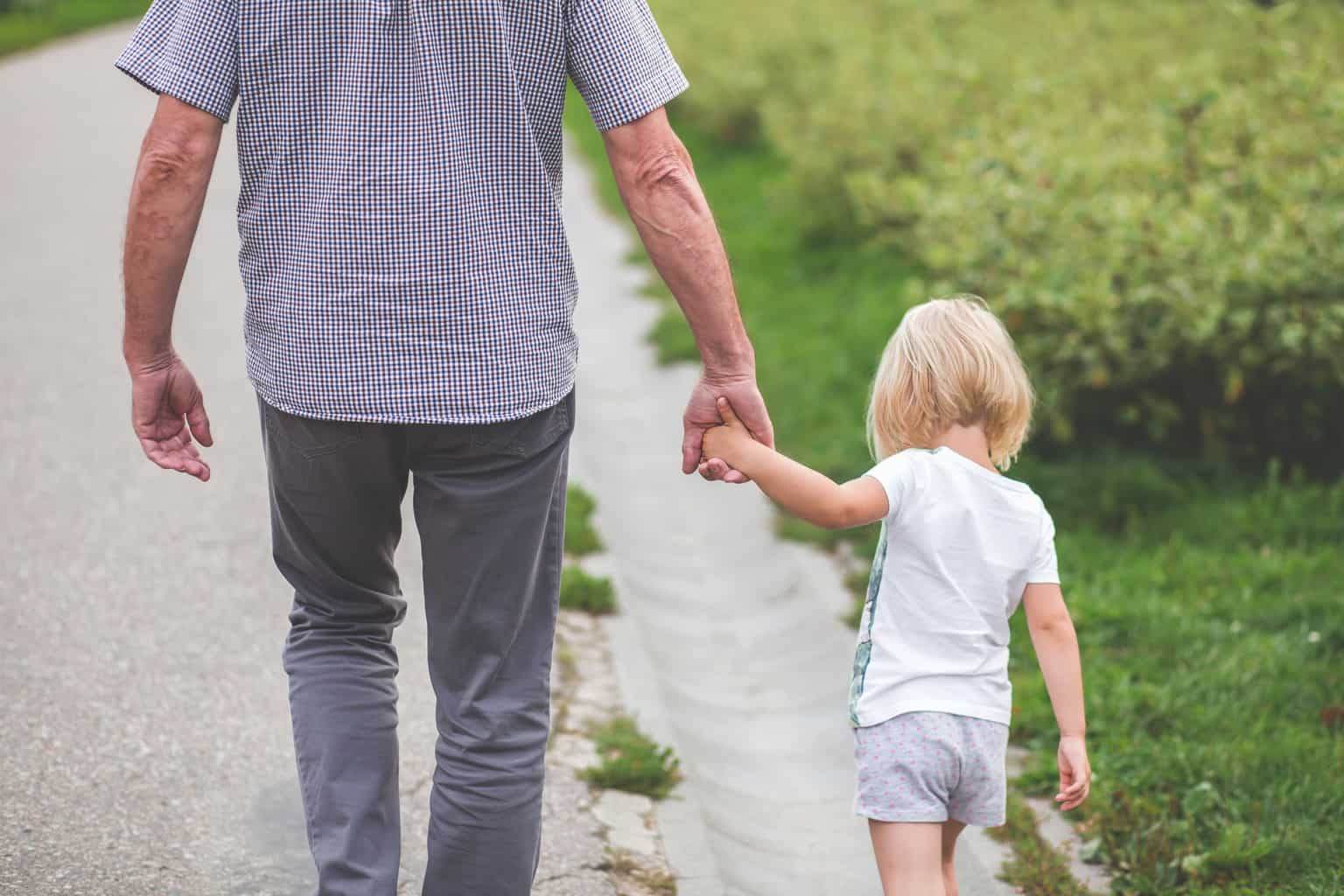
Parents and families
Whilst many parents join a playgroup for their child, they soon realise that it is as much about them. Through the care and guidance of other families and/or a playgroup mentor, there is an opportunity for parents to develop individual strengths, increase parental capacity and find their place in a connected, supportive community.
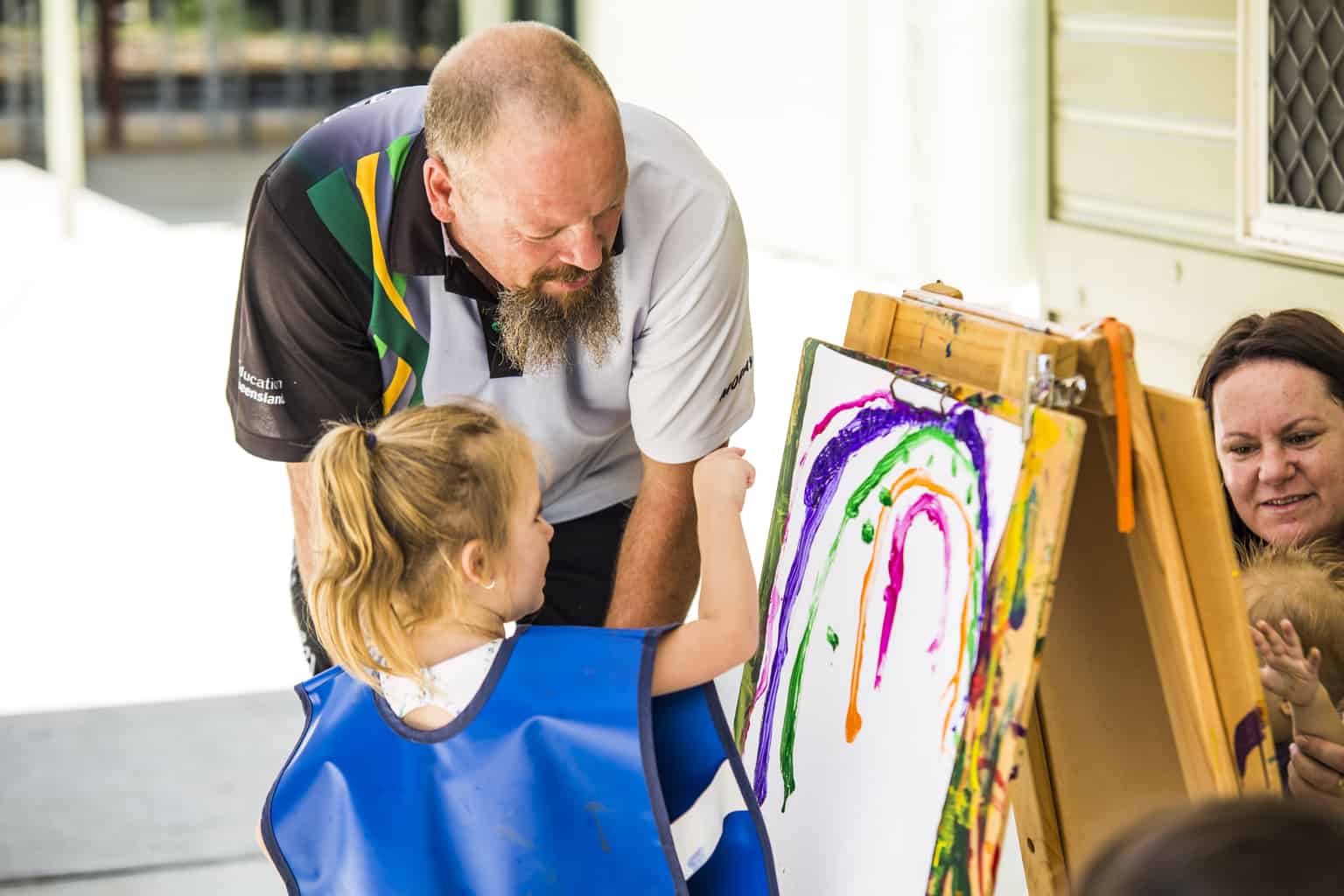
Community
Playgroups embody all the elements of social capital; trust, shared values, common goals and a sense of community. For some, community means those who live local, and for others it is people who share a common interest or identity. Families come together in playgroups to build a group based on friendship and trust, creating their own small community, and enhancing wider community connections.

This project aims to build and strengthen relationships between schools and their co-located community playgroups. Capitalising on these relationships this project will create a Best Practice Framework for playgroups-in-schools. The Best Practice Framework will inform the provision of playgroups-in-schools Victoria wide as an innovative form of early childhood integrated service delivery. Find out more about this project
Useful Links
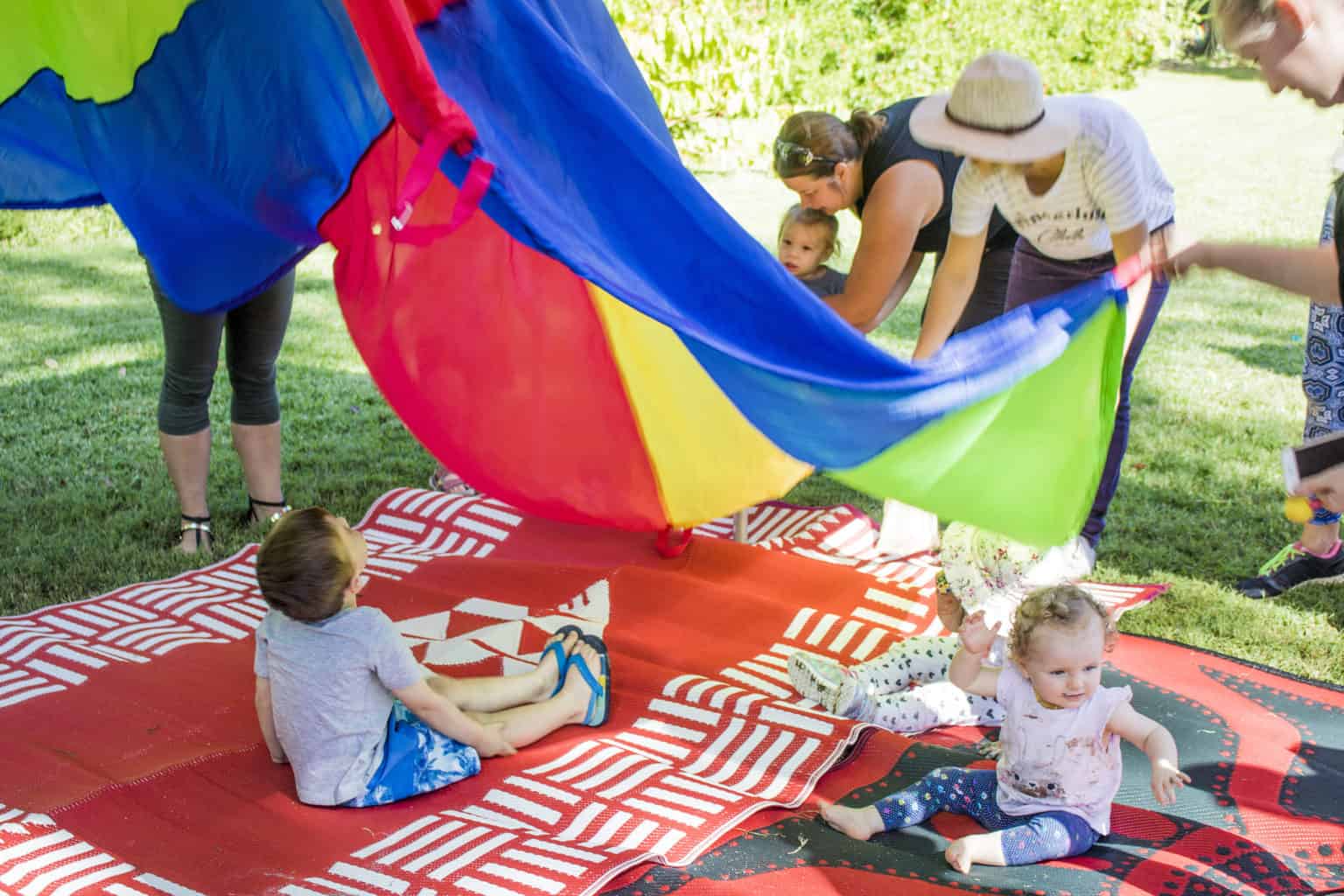
Library of Playgroup Research
Here you will find the Google Scholar search results on Australian playgroups. Google Scholar is an accessible web search for scholarly literature across an array of disciplines.
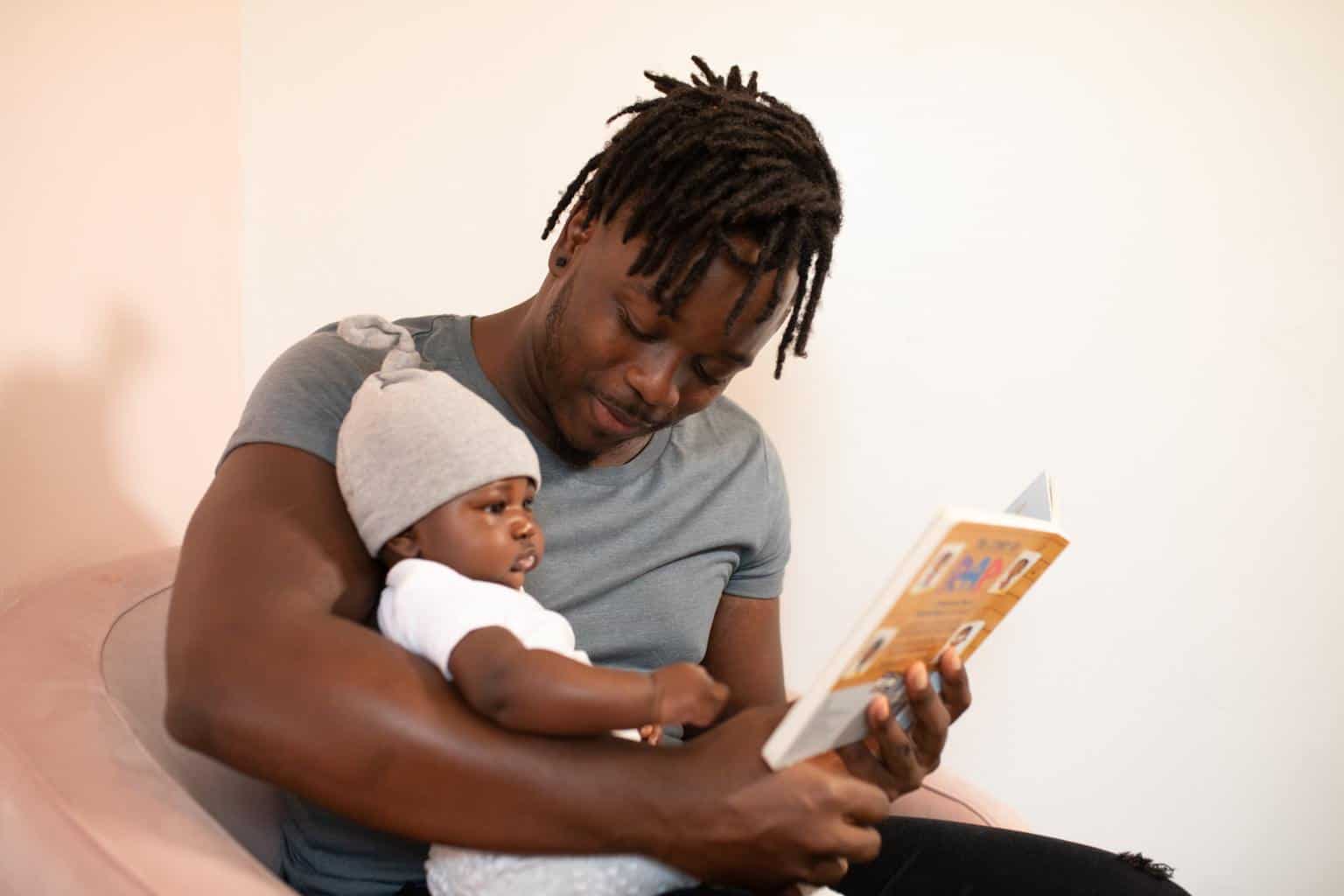
Building Resilience and Wellbeing in the Early Years: Coping Strategies For Parents and Children From CALD Backgrounds
This webinar will discuss an approach to building coping strategies for parents and young children, with a focus on families from CALD backgrounds.
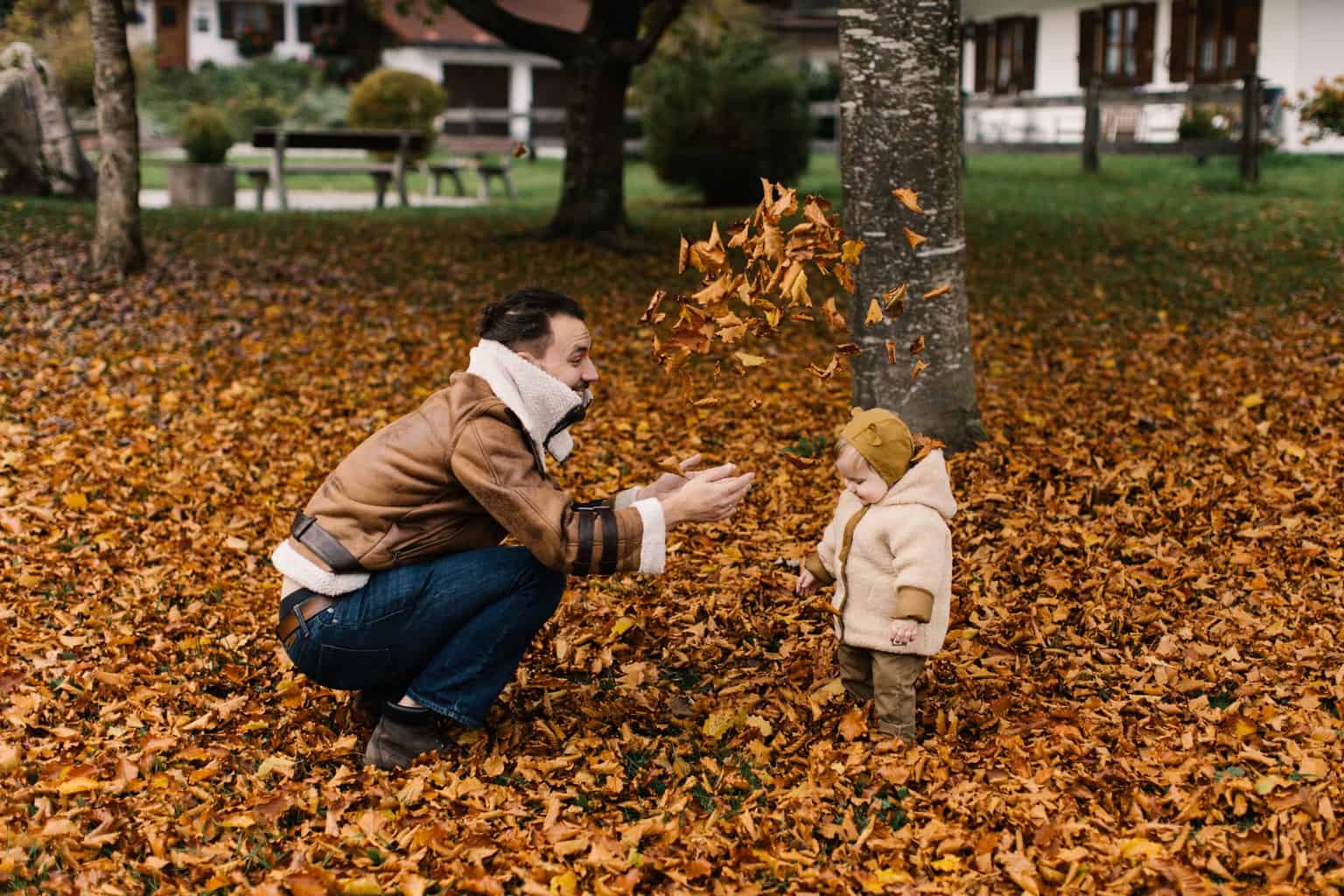
Building Fathering Competencies Through a Universal, Soft-Entry, Early Intervention and Prevention Service
There is sparse research on playgroups for fathers, therefore, the benefits of such programmes are difficult to discern.
Are you a Professional Affiliate?
Receive up to date playgroup news, access to tools, resources and professional development training discounts
